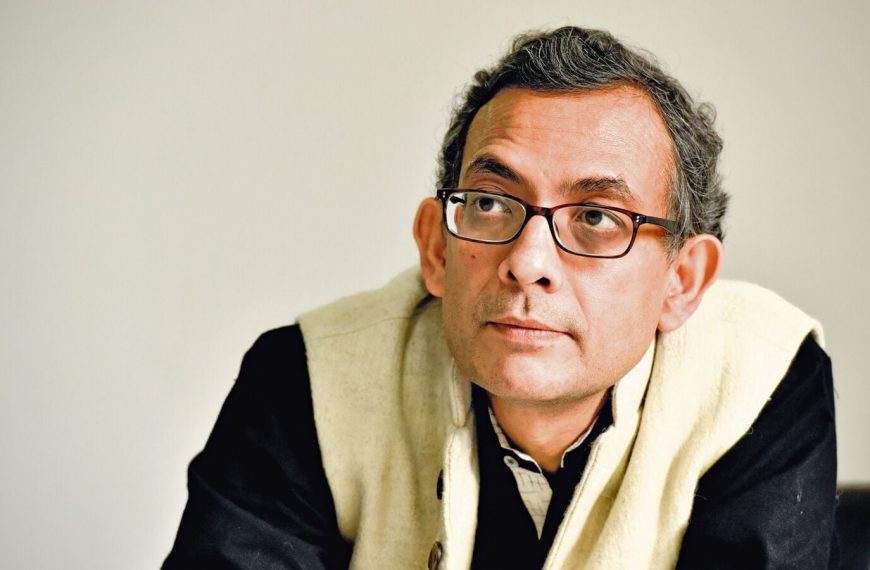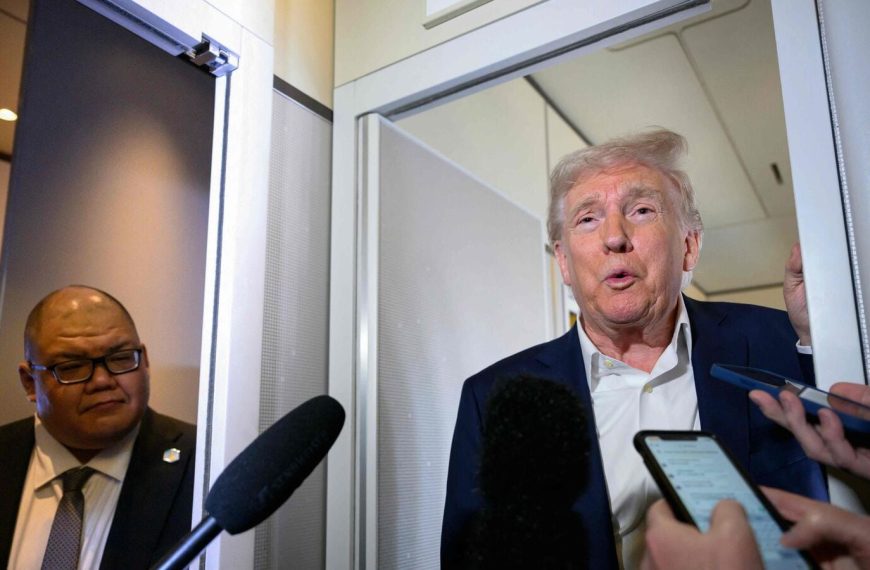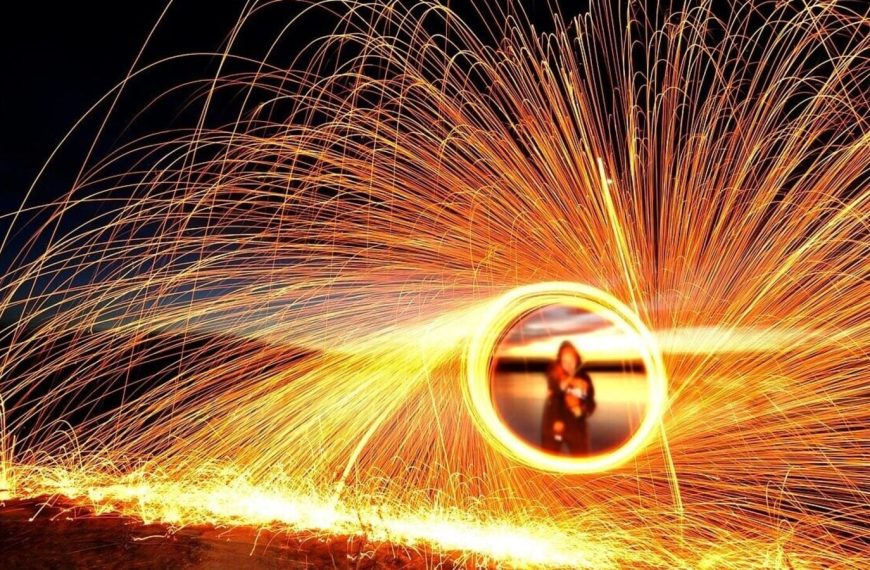As the conflict in Ukraine continues, the UK and the European Union are ramping up discussions on tapping into frozen Russian assets to enhance defense expenditures. This initiative aims to increase economic pressure on Vladimir Putin before any potential peace negotiations. On Tuesday, UK Foreign Secretary David Lammy and the EU’s chief diplomat Kaja Kallas will convene in London to explore innovative strategies for bolstering European military readiness and funding.
Collaborative Efforts on Defense Funding
The focus of the upcoming meeting will be on establishing a robust legal and financial framework that would permit the seizure of billions in Russian assets. Despite some hesitance from countries such as Belgium and Germany, who worry about the implications for state immunity under international law, discussions are moving forward.
- Key Points of Discussion:
- Seizing Russian assets to fund defense initiatives.
- Addressing legal concerns regarding sovereign immunity.
- Exploring the impact on the euro.
Lammy emphasized in the House of Commons that concerns about sovereign assets have predominantly arisen within Europe, rather than from the United States. He also noted that a change in Germany’s administration could influence its stance on the matter.
Increasing Pressure on Russia
This joint effort by the UK and EU comes just before a scheduled conversation between US President Donald Trump and Putin, where the U.S. is advocating for a 30-day ceasefire, a proposal that Ukraine has indicated it might accept.
Currently, the EU, along with the G7 nations and Australia, has successfully frozen approximately $280 billion of Russian central bank assets. This includes securities and cash, largely held through the Belgium-based clearinghouse Euroclear. Additional sanctions on high-profile Russian figures have led to the freezing of around $58 billion in personal assets, which encompasses luxury items like yachts and private jets.
Future Investments in Defense
During the upcoming talks, Lammy and Kallas will also evaluate the EU’s initiative to enable member states to allocate €150 billion from EU loans towards defense equipment. This funding could be utilized to purchase weapons from non-EU countries, including the UK, Norway, and Switzerland. Notably, the UK would not need to contribute to this fund but stands to gain from orders made by EU countries through British defense manufacturers.
“It’s crucial that we enhance our collaboration with the EU to bring this conflict to a close and ensure the safety of all our citizens,” Lammy remarked.
By fostering innovation in defense funding and enhancing military cooperation, the UK and EU are taking significant steps towards not only strengthening their own security but also applying economic pressure on Russia as the war in Ukraine persists.











